A Downward Spiral

Harry Gordon Selfridge

By Megan McKinney
When Rosalie Buckingham Selfridge, weakened by an attack of the Spanish flu, died of pneumonia in 1918, her husband, Harry, had nearly three decades of a long life ahead. Up until the outbreak of World War I in the Europe of 1914, their life together had appeared to be a close and happy family arrangement—particularly following the 1909 opening of the spectacular Selfridge & Co. department store in London.
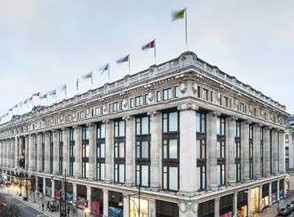
Following Rose’s death, Harry would enter a new phase of his life. He was still a very rich man, so the vast amounts of money he continued to spend, often frivolously, were not inappropriate. He was always attracted to the famous women of his day, particularly if they were beautiful. And he was scarcely without minor indiscretions while Rose was alive. In fact, his first full-blown affair, occurring about six years before she died, was with Syrie Wellcome, wife of pharmaceutical tycoon Henry Wellcome. The romance was so intense that Syrie became separated from her husband, thus requiring a beautifully furnished house for which Harry paid. She later married Somerset Maugham and became an internationally renown interior designer.
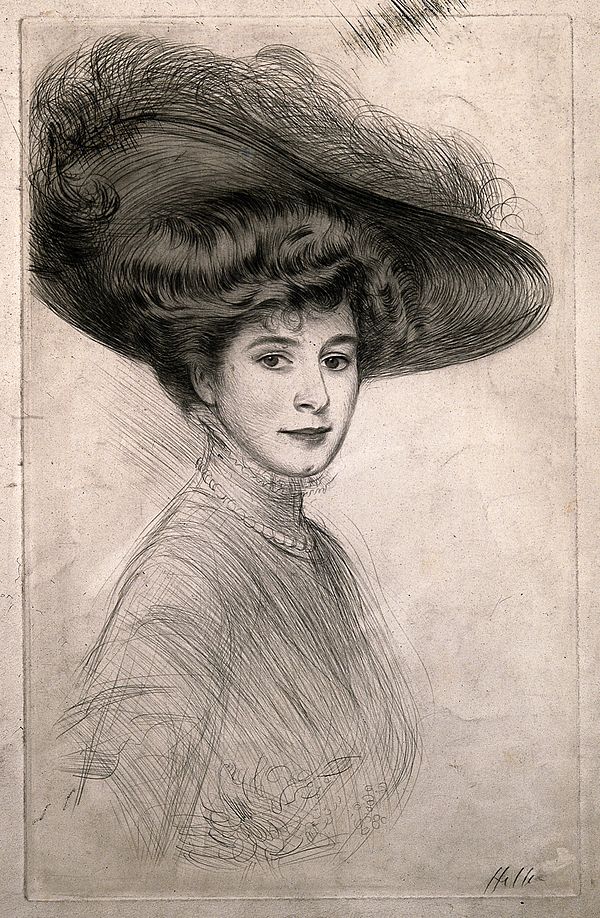
Syrie Wellcome; later the interior designer Syrie Maugham

There was a romance with the great star of classical ballet, Anna Pavlova.
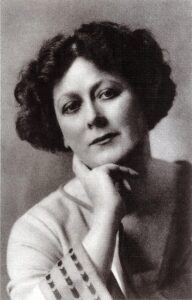
And a liaison with modern dancer and choreographer Isadora Duncan .
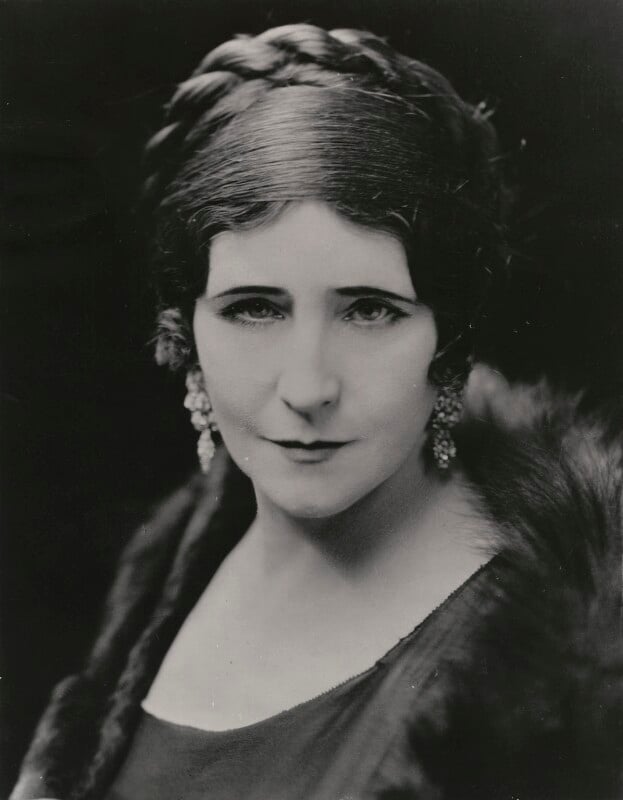
British novelist Elinor Glyn
Then writer Elinor Glyn, who previously had been involved with George Curzon, former son-in-law of Chicago tycoon Levi Leiter. Elinor wound up owing Curzon money, which Harry paid. These were simply world famous women; they did no harm. Gaby Deslys did.
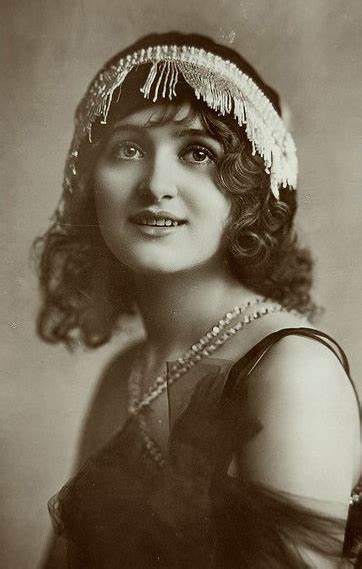
Harry would do anything for Gaby Deslys. And he did. Their affair began in 1912, six years before Rose’s death. Harry began by purchasing a £50,000 stately home in Kensington for Gaby and furnishing it with only the best from Selfridge’s. That didn’t keep the French singer and actress from going into the store virtually every day and continuing to buy more of only the best, which she charged to Harry’s account. In addition, Selfridge’s delivery trucks arrived at Gaby’s house daily with elaborate goodies from Harry–huge baskets of delicacies, multiple bouquets of flowers and quantities of fine wines and champagne.
 It turned out that Gaby was not as dangerous for Harry as were a pair of singing and dancing identical twin sisters from Hungary known professionally as Rosie and Jenny Dolly. They were dangerous for Harry because they loved to gamble. And Harry loved to gamble. It wasn’t long before the trio was out gambling regularly, sometimes winning, often losing, with the gentleman Harry picking up the ladies’ losses.
It turned out that Gaby was not as dangerous for Harry as were a pair of singing and dancing identical twin sisters from Hungary known professionally as Rosie and Jenny Dolly. They were dangerous for Harry because they loved to gamble. And Harry loved to gamble. It wasn’t long before the trio was out gambling regularly, sometimes winning, often losing, with the gentleman Harry picking up the ladies’ losses.

Added to this, when markets began crashing worldwide, the crumbing global economy was affecting sales at Selfridge & Co.

There you have it. Women, the Depression, Gambling and the Dolly Sisters were creating a downward tailspin that would continue until Harry’s board forced hm out of Selfridge’s.

Harry lived out his life in a rented apartment in southwest London. He was 91 when he died in his sleep in 1947.
Author Photo: Robert F. Carl







